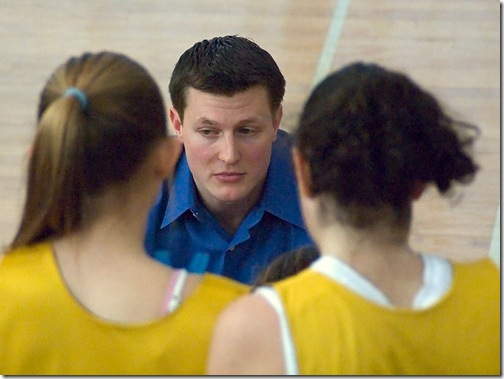When In-Transition You’re A Salesperson-So Act Like One
At a recent networking meeting of fifty to sixty senior executives, all VP and C level, which included a mix of all corporate functions the following question was asked:
“How many of you are in sales?”
Only about 10% raised their hands, until someone flippantly yelled out, “We are all in sales.” The rest of the group then caught on and hands starting going up. Still, only about 50% raised their hands.
The moderator then followed-up with, “OK, what are you doing to demonstrate you are really in sales? For example, what books on sales have you read, how do you consciously incorporate sales into your search, how many have taken sales courses, courses on closing, written your resume with sales or marketing in the forefront of your mind, etcetera?”
Then he asked, “Anyone in finance and accounting, such as controllers or CFOs?” A few raised their hands.
His next comments brought the point home when he said, “So if I’m a sales professional, say a VP Sales and I’ve done a budget, I suppose I’m qualified for your job. I shouldn’t need any training, don’t need to read any books on accounting. I just say, ‘I’m a CFO’ and that makes me a CFO.”
Of course the group was snickering and laughing at such a silly statement. Yet they could all be sales people without any training. Isn’t that equally as ridiculous?
What they were really saying is, “When in-transition, everyone is in a sales role.” However, being in a sales role doesn’t make you a salesperson.
Most candidates don’t really know what it means to be a salesperson. They intellectually understand the concept, but don’t know how to take the concept and put it into practice.
Transition requires a candidate to change their perspective. Candidates have to understand that whether they call it sales or not, whether they are comfortable with it or not, they are not just in a sales role – they are a salesperson. They have moved out of their comfort zone and into a sales and marketing environment. Even salespeople don’t seem to grasp this concept while in-transition. It is for this reason that we recommend getting a sales and marketing consultant to assist you.
Just saying you are something doesn’t make you that. You need to learn how to become a salesperson. This includes, prospecting, overcoming objections, what a sales presentation is, knowing your competition and why you are better, identify why you are different from all the rest, having a sales pitch, and so much more. You need to read a few books on sales, attend a sales training webinar or course, practice your sales presentation, and get prepared just like a true professional salesperson does.
So please stop saying you are in sales and go out and become a salesperson.
Get our FREE Personal Job Search Self-Assessment Scorecard to find out if you are acting like a salesperson. CLICK HERE to download your FREE copy.
Download our FREE example of a cover letter to make sure you are selling to the what the customer (hiring manager) is really looking for. CLICK HERE.
Please give us your feedback and comments.
Brad Remillard











